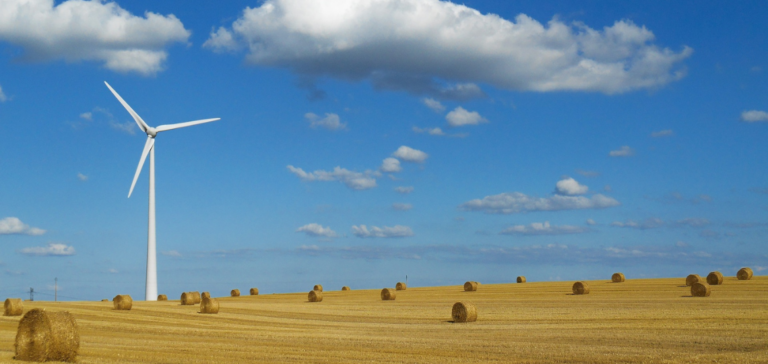The Need to Secure Local Manufacturing
Securing production is of crucial importance in the energy transition, guaranteeing national sovereignty. With this in mind, Emmanuel Macron recently announced the ambitious goal of reducing the share of fossil fuels in the French energy mix from 60% to 40% by 2030. However, Michel Gioria, representing France Renouvelables, warns of the technological dependence that could result from a lack of protection for the wind and solar industries in France and Europe.
For her part, the President of the European Commission, Ursula Von der Leyen, clearly emphasized the importance of developing the renewable energy industry in Europe. In anticipation of the “wind energy package” scheduled for October 24, France Renouvelables hopes that this plan will propose concrete measures to boost investment in existing production facilities, while providing adequate protection against unfair competition.
Requirements for Components of European Origin
Michel Gioria hopes that invitations to tender will include criteria for components of European origin, with a minimum of 50% to start with. At present, European legislation does not allow this, but he believes that a change is necessary to ensure the effectiveness of the European wind pact.
National support through a tax credit
France Renouvelables is banking on the adoption of a tax credit in the 2024 Finance Bill to support companies investing in renewable energy components. This measure could boost the competitiveness of the French wind energy industry and help achieve ambitious energy transition targets.
Furthermore, the competitiveness of the French wind power industry in the face of China is essential for the energy transition and national sovereignty. An ambitious industrial policy, local component production and anti-competitive measures are crucial. The future of renewable energies in Europe depends on fair rules and local production of essential technologies.





















